President Museveni ought to learn from Rwakasisi's experience, says Muntu
Muntu, who himself was once on Rwakasisi’s wanted list during the bush war, urged President Museveni to draw lessons from Rwakasisi’s story and stem acts of impunity.
Alliance for National Transformation (ANT) presidential flag bearer Maj. Gen. (Rtd) Gregory Mugisha Muntu addressing his supporters in Karungu Town Council, Buhweju district on Wednesday, 08, 2025. ( Photos by Stuart Yiga)
________________
The sight of President Yoweri Museveni and Chris Rwakasisi at State House on Wednesday for the National Prayer Breakfast remains the talk in many quarters.
Not long ago, during the turbulent days of the second Uganda People’s Congress (UPC) Government, the two men stood on opposite flanks, like rival chess kings.
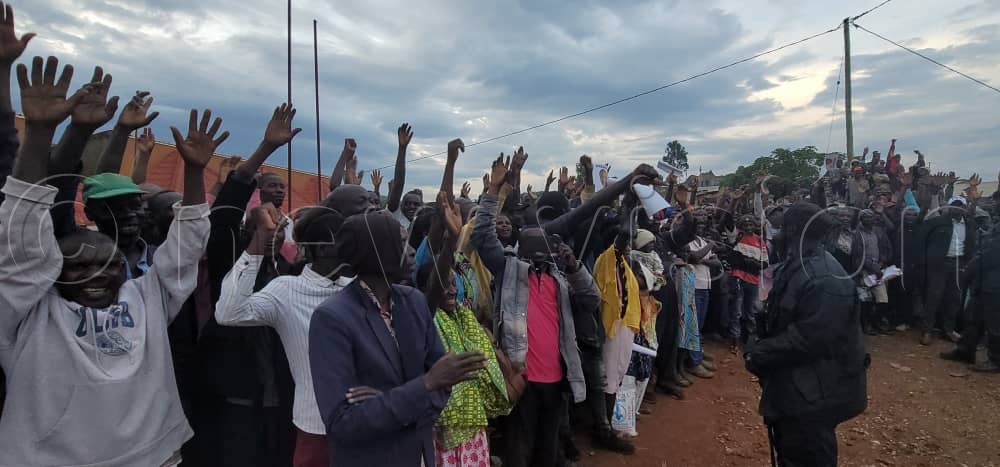
Museveni on one hand, led the National Resistance Army (NRA/M). While on the other, Rwakasisi, then security minister, was charged with quelling the insurgency.
In doing so, he was accused of acting arbitrarily.
Rwakasisi was later arrested after the overthrow of the UPC regime by Gen. Tito Okello Lutwa and jailed in Luzira.
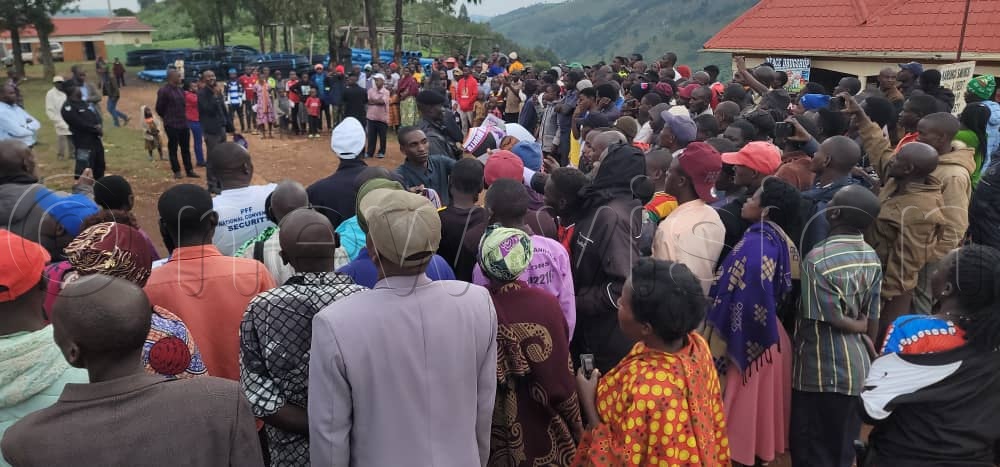
Where the incoming National Resistance Movement (NRM) Government, which itself took power by force of arms, found him.
On June 30, 1988, he was convicted on six accounts of kidnapping with intent to murder and sentenced to death.
However, in 2009, President Museveni, exercising the prerogative of mercy, set him free.
Today, Rwakasisi serves as a Presidential Advisor on Reconciliation.
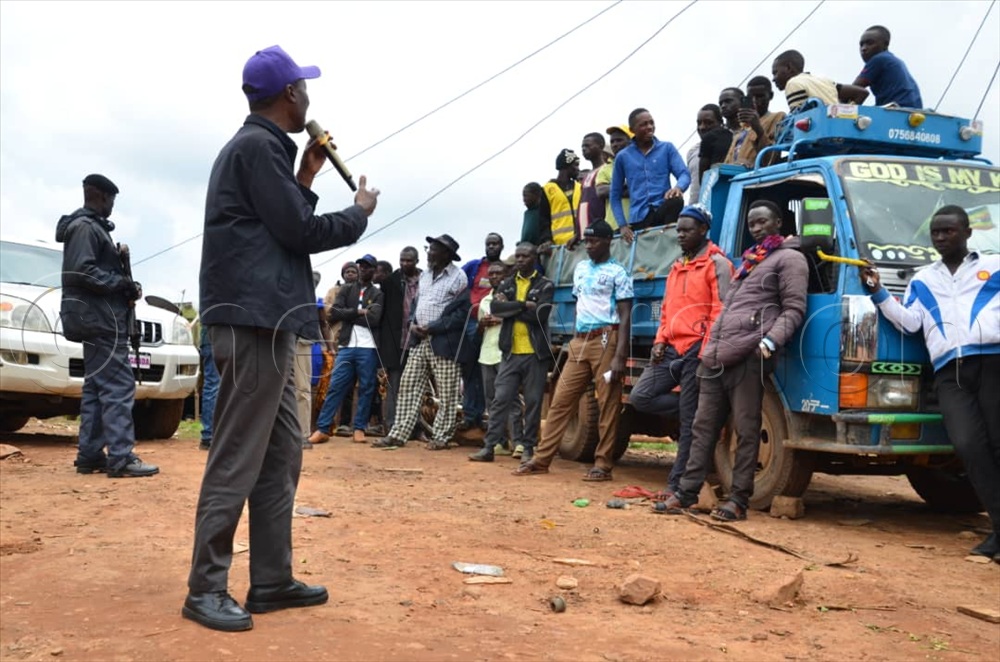
And the relationship between the two former adversaries, arguably, is at its best.
Speaking to the press on Thursday, October 9, 2025, at New Pearl Hotel in Mbarara, Alliance for National Transformation (ANT) presidential flag bearer Maj. Gen. (Rtd) Gregory Mugisha Muntu, who himself was once on Rwakasisi’s wanted list during the bush war, urged President Museveni to draw lessons from Rwakasisi’s story and stem acts of impunity.
"I have in the past seen Hon. Chris Rwakasisi talking about them losing sight of a number of critical things which he has regrets over," said Muntu.
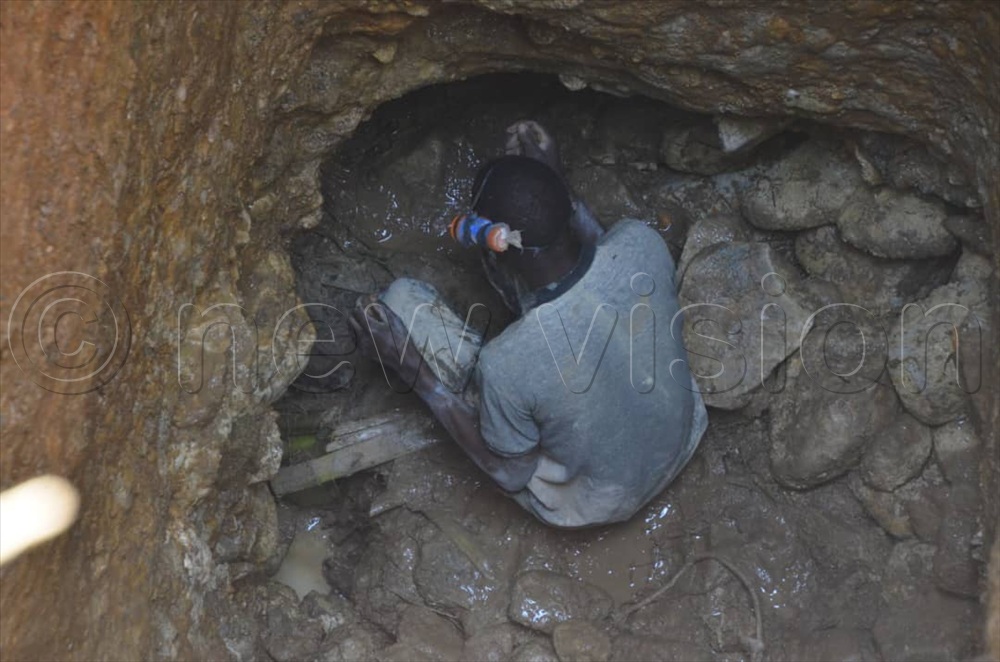
"So my hope is that Gen. Museveni should look at that and learn from it. Because whatever happened to the UPC regime can easily happen to Gen. Museveni and NRM," he added.
The key takehome, Muntu said, is President Museveni recognising that "the UPC Government was doing things, thinking it couldn't be moved out of power."
This is not the first time, Muntu, a son of the late prominent congressman Enoch Muntuyera, is using UPC as a sobering example.
Throughout campaigns, in Rubirizi, Mitooma, Sheema, Rwampara and Buhweju, he has warned regime operatives against acting arbitrarily.
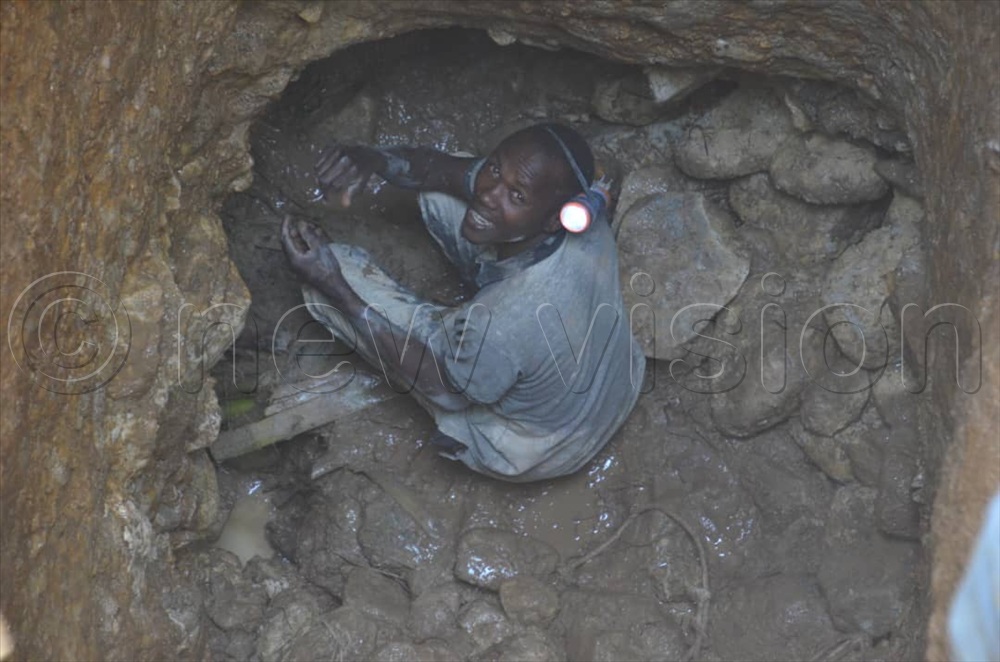
Arguing that their crimes could one day catch up with them.
Rwakasisi, who was appointed as a Special Presidential Advisor by President Museveni in 2009, on Wednesday, October 08, shared a moving testimony on the power of forgiveness and reconciliation.
Addressing the congregation at State House, he reminded the gathering that forgiveness is not a favour but a command, saying, “Forgiveness is not a favour… Rather, forgiveness is a command. The power of forgiveness and reconciliation is an infrastructure.”
He cautioned that refusing to forgive is self-destructive, saying, “Not forgiving is like bringing poison, hoping that the enemy you hate will die. It is a terrible thing not to forgive.”
Rwakasisi recounted his political journey during and after the 1980 elections, when former President Milton Obote had promised to appoint him Prime Minister but later sidelined him.
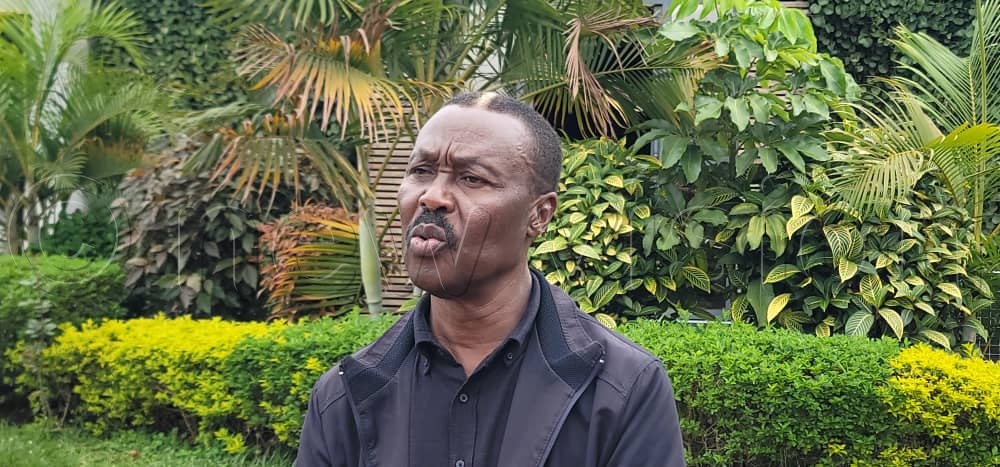
He described how pride and power drew him away from God until his downfall and imprisonment. Rwakasisi encouraged those still in opposition to seek peace.
“You who want to fight Museveni, fight him. Me, I will not fight him,” he said, emphasising that forgiveness and reconciliation are not weaknesses but expressions of divine strength.
He testified that while in prison, he initially prayed for Museveni’s death but later found peace after the Holy Spirit reminded him that “one who does not forgive will never be forgiven.”
He said, “The more I prayed for Museveni to die and his family and government, the more he flourished. But the Holy Spirit helped me, and I changed my prayer from hate to love. I started praying for him and his family, and from there things started to ease.”
Rwakasisi said he later received divine assurance that he would be released: “A gentleman came near me and said, ‘Chris, fear not. No one is going to kill you. In a few days, you will leave this place,’ and in a few days, I left.”
President Museveni later ordered his unconditional release with immediate effect. When they met, Rwakasisi said, “We embraced and sat down and talked like old lost brothers. He asked me how the case was, and that was reconciliation.”
He thanked the President for not signing any death sentence since 1995 and conveyed the inmates’ plea for clemency, saying, “The inmates have asked me to request you to pardon them.”